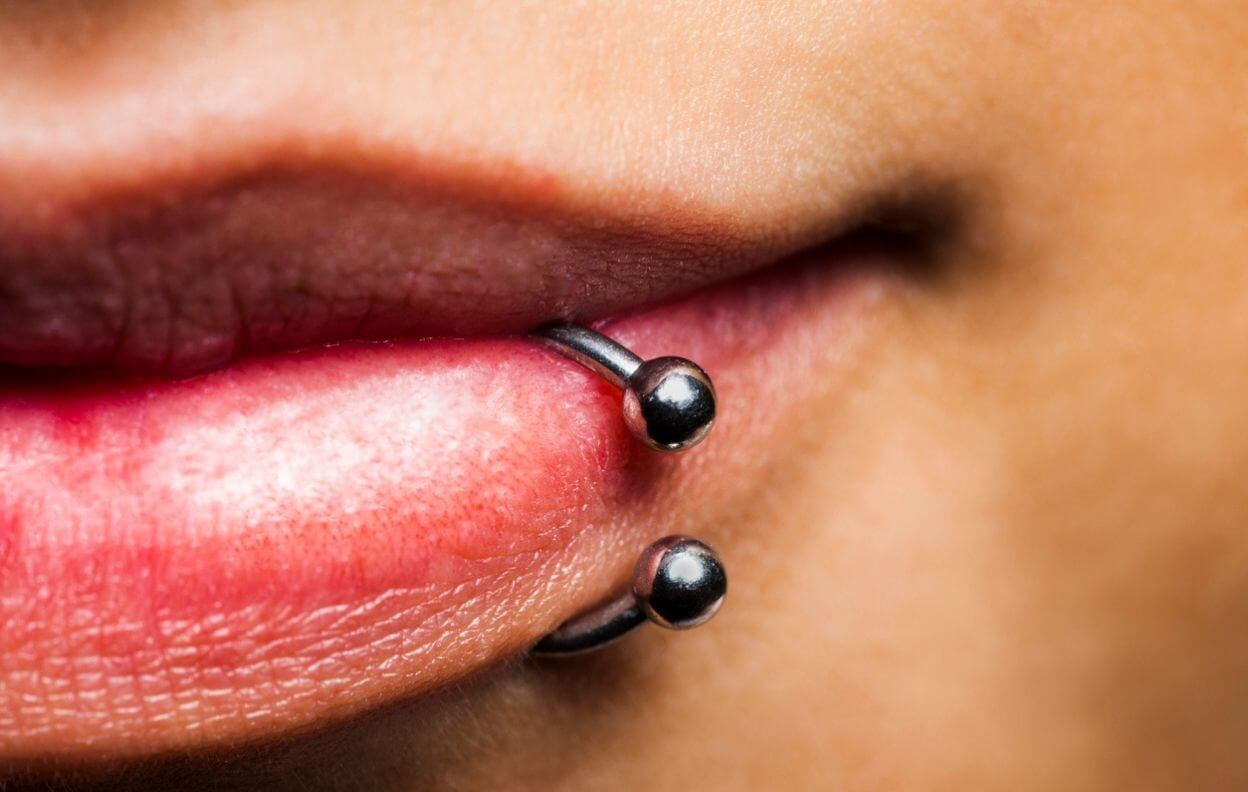Hepatitis B (hep B) is a viral infection that can lead to serious disease of the liver. The liver is an important part of the body’s digestive system and performs functions such as digesting fats and filtering toxins, so when it isn’t working properly, you can feel very ill.
Causes
Hep B is passed on through bodily fluids, including blood, semen, vaginal fluid and sometimes saliva.
Hep B can transfer from one person to another through:
- oral, anal or vaginal sex without a condom
- sharing sex toys
- sharing unsterile needles including body piercing or drug injecting equipment
- getting a tattoo or body piercing where the equipment wasn’t sterilised between people (particularly when done overseas)
- sharing toothbrushes or razors
- pregnant mother to unborn baby
- kissing (in rare cases) depending on how much virus is in the saliva
Symptoms
There are often no symptoms however some people may experience mild, flu-like symptoms. If there are symptoms, they may include:
- loss of appetite
- fever and extreme tiredness
- nausea and vomiting
- abdominal pain
- dark urine and pale faeces (poo)
- yellow skin (jaundice)
Vaccination
There is a course of hep B vaccinations available which can help prevent you from getting the virus. The vaccine is effective in 95% of cases and recommended for young people and high risk groups. If you’ve been vaccinated in the past, it’s important to check that you’re still immune or if you need to be vaccinated again. Talk to your doctor for more details about the vaccine or to check your immune status.
Treatment
There is no cure for hep B however, in most cases the immune system of adults will be able to clear the virus (recover) over time. A balanced diet and limited alcohol is often recommended. Around 5% to 10% of people who acquire the infection as adults will develop long term hep B (chronic hep B), and this can cause serious health issues. There are antiviral treatments that can help to clear the virus and reduce liver damage.
If you have been exposed to hep B there is an injectable antibody, called hepatitis B immunoglobulin, which can help reduce the risk of you becoming infected. Ideally it should be given within 72 hours from exposure to the virus. Talk to your doctor for more information or if you think you’ve been exposed.
Risks if not treated
If long term hep B is not treated, illnesses such as liver disease or liver cancer can develop later in life.
Prevention
- The best protection against hep B is to get vaccinated – talk to your doctor.
- Use condoms during sex (oral, anal, vaginal or when you share sex toys).
- Only use sterile needles and syringes for injecting drugs.
- Only get tattoos or piercing from licensed, trained professionals, and be cautious getting them done overseas.
- Don’t share toothbrushes or razors.
Your responsibility
If you have hep B it is your responsibility to let people who may have been exposed (e.g. people you have had unprotected sex or shared needles with) know so that they can be tested and treated if needed. Your doctor will provide you with specific advice. For advice on how to make it easier to tell them visit the let them know website.



